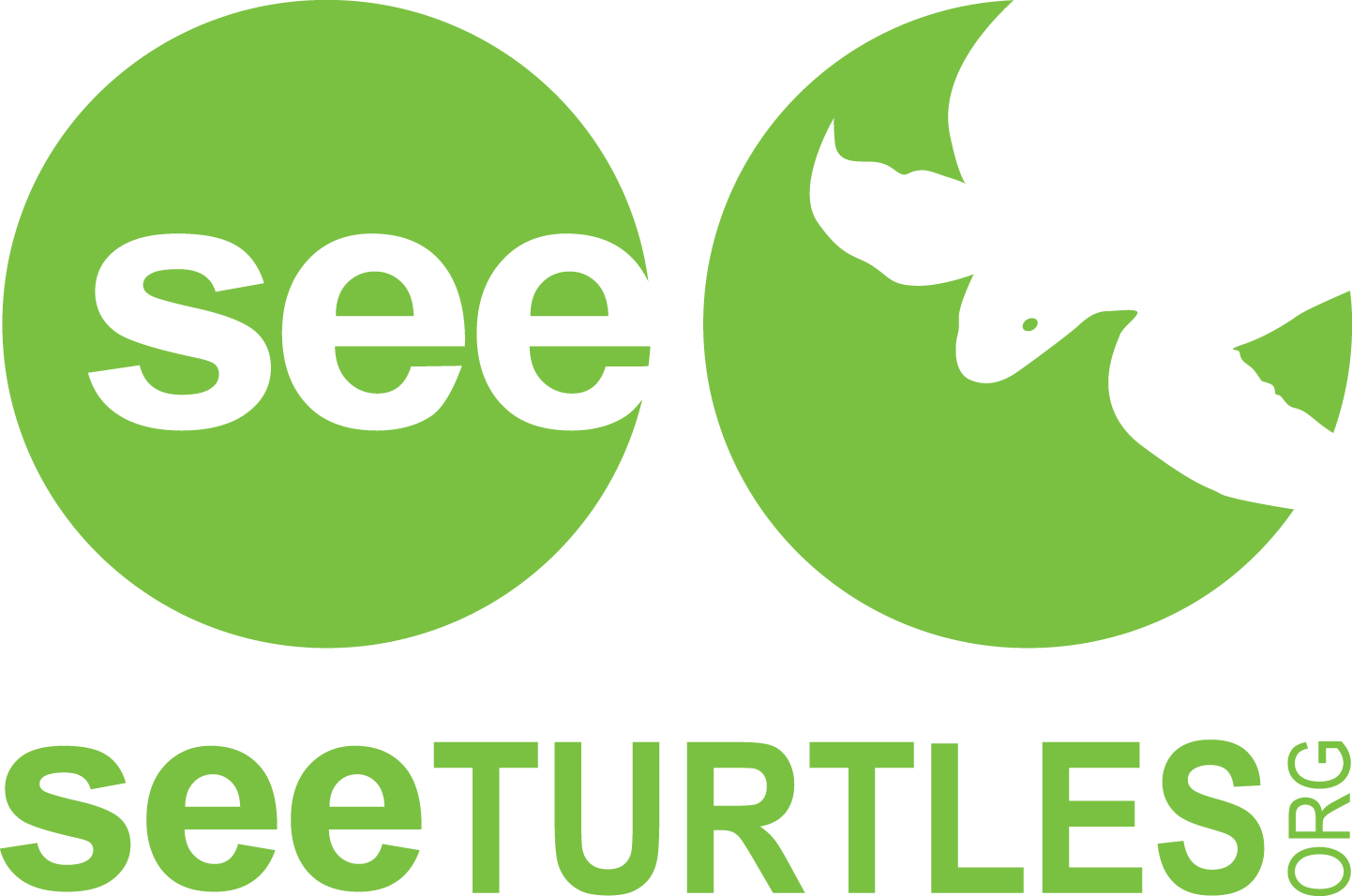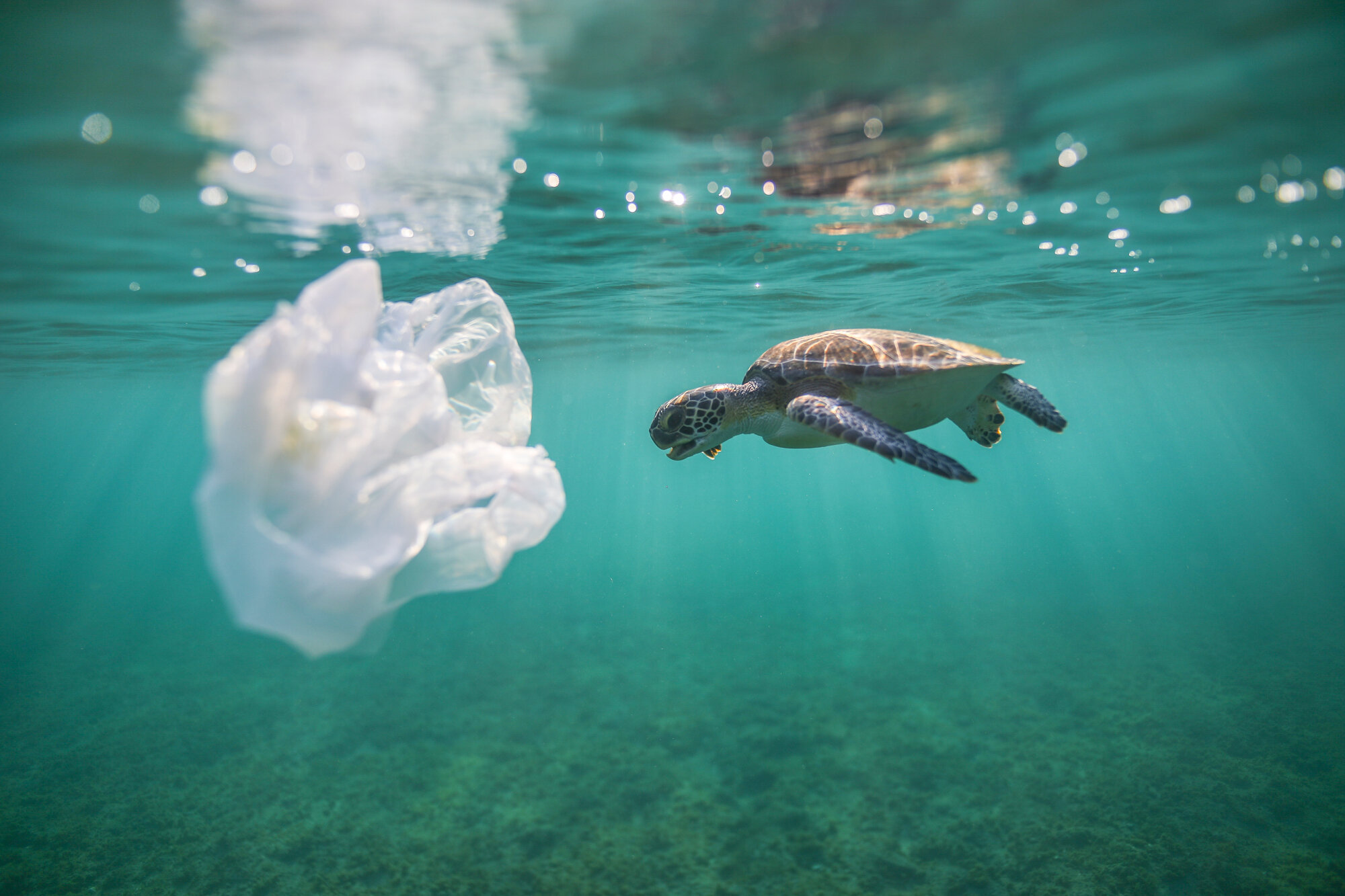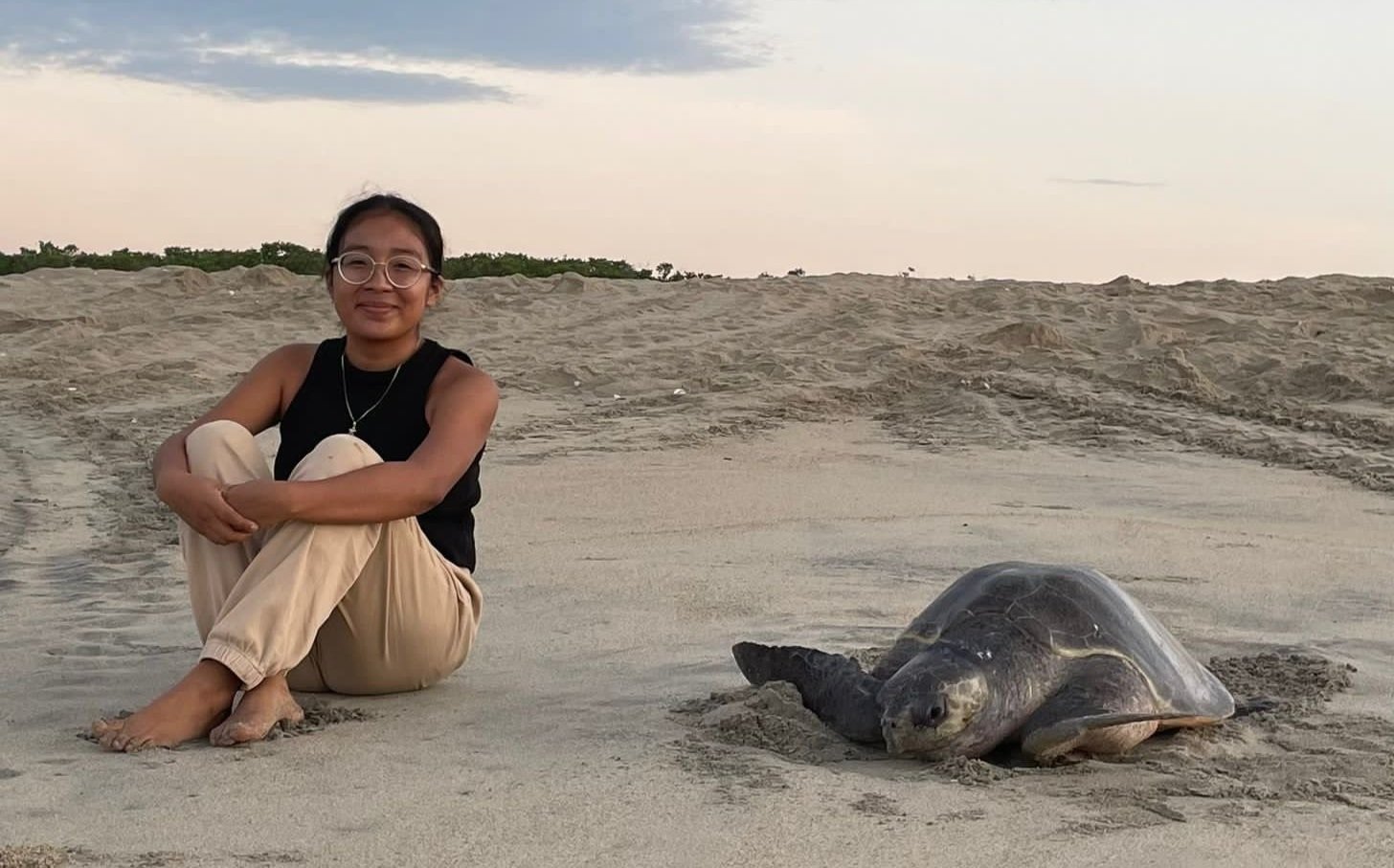
How SEE Turtles Protects SEA Turtles
We support community-based turtle conservation organizations working at key turtle sites around the world to help protect important nesting beaches, promote responsible tourism, end the tortoiseshell trade, get plastic out of turtle habitats, and educate people about these species. Since our launch, we have generated more than $1.7 million for conservation and local communities through our conservation trips.
Billion Baby Turtles
Launched in 2013, Billion Baby Turtles raises funds to save hatchlings at important turtle nesting beaches around Latin America. See all of our grants here.
Successes include:
Since 2013, we have helped save more than 19 million hatchlings at 60+ nesting beaches around the world. We have given more than 200 grants totaling over $1 million to more than 50 organizations in 25 countries, protecting 5 species.
We have provided more than $150,000 for critically endangered hawksbill turtle conservation through our partners with the Eastern Pacific Hawksbill Initiative. This is helping to save more than 300,000 hatchlings of one of the world's most endangered sea turtle populations.
Our support also brings income to rural coastal communities, supporting more than 200 jobs around the world.
Turtle Conservation Tours
Our conservation tours help local organizations sustain their work and bring alternative sources of income to communities where turtles are threatened.
Our successes include:
Our trips have generated more than US $1.7 million in benefits to turtle conservation and coastal communities to date.
We have supported 20 sea turtle conservation research and conservation programs in 11 countries through our unique volunteer trips.
More than 1,500 people have visited our partners so far, ranging from long-term volunteers to travelers visiting a nesting beach for an evening.
We have connected more than 500 volunteers with turtle projects who have completed more than 5,000 work shifts patrolling nesting beaches, guarding hatcheries, and other important activities.
For these efforts, we have won multiple awards including the Changemakers Award Award from the World Travel & Tourism Council, the Global Vision Award from Travel & Leisure, and the Skal Sustainable Tourism Award.
Too Rare To Wear
Turtleshell products are still frequently sold in the tropics around the world. Our Too Rare To Wear campaign aims to end the demand for these products from travelers.
Successes include:
We launched the SEE Shell App, the first mobile app that addresses the illegal wildlife trade by using artificial intelligence to recognize these products.
Our collaboration with Fundacion Tortugas del Mar in Colombia has helped to reduce the trade in Cartagena by more than 80%. We have provide funding, resources, and technical support for their work since 2017 and have helped them expand their program to other communities including Tolu, Coveñas, and Santa Marta, and funded workshops for government officials and teachers.
We have published two reports on this trade. in 2020, we published the Global Tortoiseshell Report, the first global report on this trade in 3 decades, detailing this trade in 40 countries around the world. Our 2017 report Endangered Souvenirs found 10,000 products for sale in 200 shops across 8 countries in Latin America.
We provide financial and technical support to local efforts to end the sale of turtleshell in Nicaragua, Costa Rica, Cuba, Colombia, Grenada, Haiti, and Indonesia.
Sea Turtles & Plastic
Plastic is a growing threat to sea turtles around the world. We launched the Sea Turtles & Plastic program in 2021 to help turtle organizations get plastic out of sea turtle habitats and upcycle the waste they collect into products that are sold to support local communities and raise funds for conservation efforts.
We have provided more than $100,000 in funding for 30+ projects in 15 countries that recycle plastic into products that support community residents. Our partnership with Dots.Eco is cleaning more than 350,000 lbs of trash at dozens of nesting beaches around the world.
We provided funding for the Environment Society of Oman to clean derelict fishing gear (also known as “ghost gear”) washed up on the beaches Masirah Island, one of the most important beaches in the world for loggerhead turtle nesting. The effort removed approximately 90 tons of waste, primarily fishing gear.
SEE Turtles was the first Gold Sponsor of Travelers Against Plastic. We’re now managing the campaign to reduce plastic use in the travel industry.
Sea Turtle Inclusivity Fund
Launched in 2021, our Inclusivity Fund provides scholarships for diverse students to work with sea turtle field projects. To date, we have provided more than $15,000 in eight scholarships to young conservationists from Costa Rica, Venezuela, Indonesia, Panama, Papua New Guinea, and Brazil to do field work in sea turtle research.
Sea Turtle Week
Since 2019, SEE Turtles has brought together the worldwide community of sea turtle organizations and researchers during Sea Turtle Week to educate the public and celebrate all things sea turtles. The week spans World Oceans Day (June 8th) to World Sea Turtle Day (June 16th), with each day in between highlighting a different species and the primary threats that sea turtles face. Dozens of sea turtle and environmental organizations participate as partners in Sea Turtle Week each year.
With 5 years of programing, Sea Turtle Week has doubled from an initial online audience of 4 million individuals to more than 8 million annual viewers. In 2024, we reached more than 8 million people, saw 1,700+ social media posts using the #SeaTurtleWeek hashtag, and had 17,000 visitors to our Sea Turtle Week website.
Banner Image: Spencer Stoner/EcoViva; other images: Neil Ever Osborne, Brad Nahill/SEE Turtles














